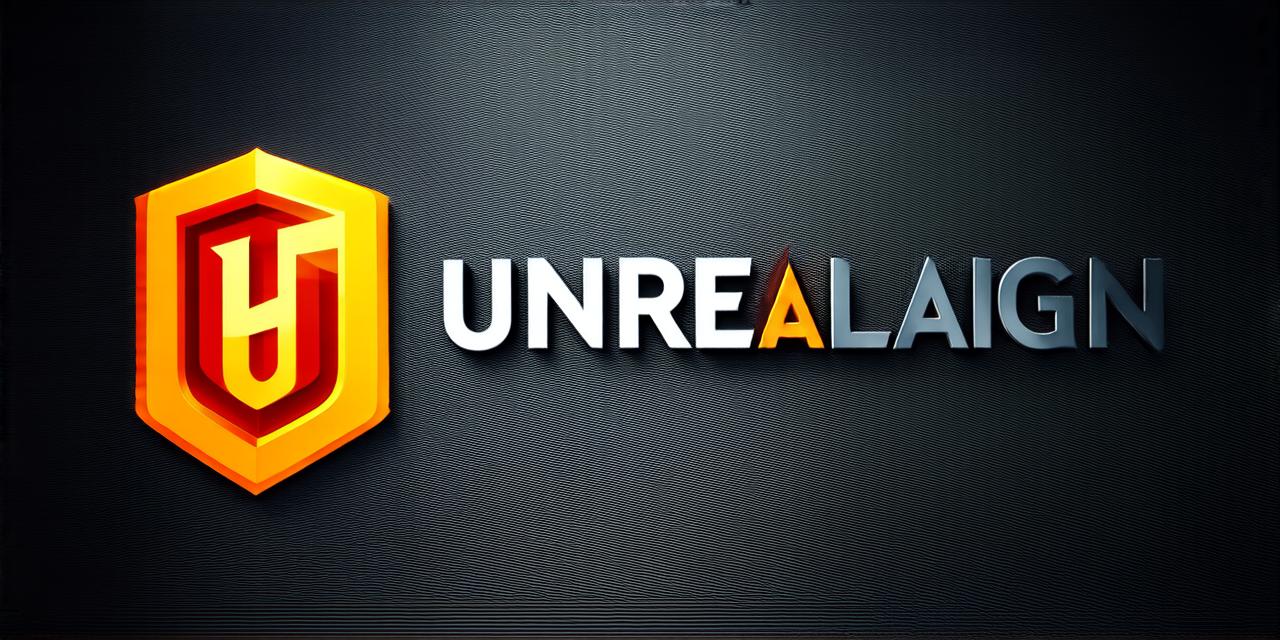1. Understanding of Programming Concepts:
Unreal Engine is one of the most popular game engines used by developers worldwide. With its powerful graphics and animation capabilities, it allows developers to create immersive, interactive experiences that captivate audiences. However, mastering this engine requires more than just technical knowledge. In this article, we will explore the essential skills that every Unreal Engine developer should possess to succeed in their careers.
2. 3D Modeling and Animation:
Unreal Engine is known for its stunning graphics and animation capabilities. Developers must have a strong background in 3D modeling and animation to create realistic characters, environments, and objects that move and interact in the game world. They should be familiar with rigging techniques such as bones and skinning to animate characters realistically. Knowledge of animation tools such as Autodesk Maya or Blender can also be helpful for creating complex animations and movements.
3. Texture Mapping and Lighting:
Texture mapping is the process of applying textures to 3D models to give them a realistic appearance. Developers must have a deep understanding of texture mapping techniques and be able to create high-quality textures that blend seamlessly with the game world. They should also be familiar with lighting techniques such as HDRI, global illumination, and real-time rendering to create visually stunning environments. Knowledge of shader programming can also be useful for creating custom lighting effects and visual styles.
4. Optimization Techniques:
Unreal Engine is a powerful tool, but it can also be resource-intensive, especially when dealing with large game worlds and complex systems. Developers must have strong optimization skills to ensure that their games run smoothly on a wide range of hardware configurations. They should be able to identify bottlenecks in the code and optimize them for better performance. This includes techniques such as reducing draw calls, using LOD (level of detail) systems, and optimizing lighting and textures.
5. Collaboration Skills:
Game development is a collaborative effort, involving artists, designers, programmers, and other stakeholders. Developers must have strong communication skills to work effectively with their team members and ensure that everyone is on the same page. They should also be able to articulate their ideas clearly and effectively to non-technical stakeholders. Collaboration tools such as version control systems and project management software can also be helpful for keeping track of progress and managing tasks efficiently.
6. Adaptability and Creativity:
The game development industry is constantly evolving, with new technologies and techniques emerging all the time. Developers must have the ability to adapt to these changes and embrace creativity to stay ahead of the curve. This includes learning new tools and programming languages, experimenting with different styles and approaches, and staying up-to-date with the latest trends and best practices.
7. Problem-Solving Skills:
Game development is a complex and challenging field that requires problem-solving skills to overcome obstacles and find solutions to technical issues. Developers must be able to think critically, break down problems into smaller parts, and come up with creative solutions to resolve them. This includes debugging code, troubleshooting performance issues, and optimizing game systems for better performance.
8. Time Management Skills:
Game development projects can be time-consuming and require developers to manage their workload effectively to meet deadlines. Developers must have strong time management skills to prioritize tasks, estimate timeframes accurately, and deliver high-quality work on time. This includes setting realistic goals, breaking down tasks into smaller parts, and using project management tools to track progress and manage timelines.
9. Attention to Detail:
Game development requires a keen eye for detail and an ability to pay close attention to small details that can have a big impact on the overall user experience. Developers must be able to identify bugs and issues, fix them quickly, and ensure that game systems and features work as intended. This includes testing and debugging code, reviewing user feedback, and making iterative improvements based on user input.
10. Continuous Learning:
The game development industry is constantly evolving, with new technologies and techniques emerging all the time. Developers must have a commitment to continuous learning and be willing to invest time and effort in improving their skills and knowledge. This includes attending conferences, workshops, and online courses, experimenting with new tools and approaches, and staying up-to-date with the latest trends and best practices.
FAQs:
1. What programming languages are used in Unreal Engine?
Unreal Engine is built on top of C++, but developers can also use other programming languages such as Blueprint Visual Scripting and Python to create custom components and scripts.
2. How do I optimize my Unreal Engine game for better performance?
There are several optimization techniques that developers can use to improve the performance of their Unreal Engine games, including reducing draw calls, using LOD (level of detail) systems, and optimizing lighting and textures.
3. What is the difference between static and dynamic lighting in Unreal Engine?
Static lighting is precomputed and baked into the game world, while dynamic lighting is calculated in real-time based on the position and movement of light sources. Dynamic lighting allows for more complex and interactive lighting effects.
4. How do I create realistic 3D characters in Unreal Engine?
Creating realistic 3D characters requires a combination of technical skills and artistic talent. Developers must have a strong understanding of rigging, animation, and texturing techniques to create characters that move and interact realistically.
5. What is the role of collaboration in game development?
Collaboration is essential in game development, as it involves artists, designers, programmers, and other stakeholders working together to create a cohesive and engaging game world. Effective communication and problem-solving skills are crucial for successful collaboration.
